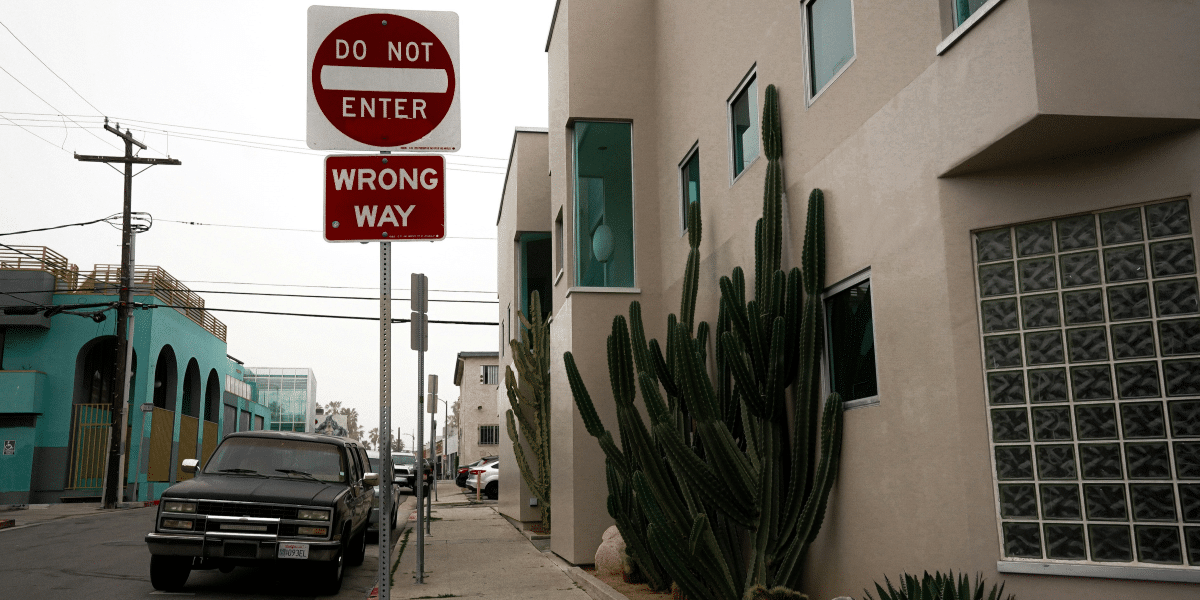At a private and unassuming office in San Diego, California, Veterans meet several times a week for group counseling. The therapeutic sessions are part of the outpatient addiction treatment program offered by Confidential Recovery, and the Veterans are all in various stages of recovery from a substance use disorder (SUD).
The topics discussed in these sessions often center on managing PTSD symptoms without taking drugs or alcohol. Challenges range from coping with the sounds of annual fireworks celebrations, to seeing news feeds of violence in the Ukraine, to simply getting a good night’s rest without self-medicating.
Jay Wylie, a Veteran-in-recovery himself, and operations manager at Confidential Recovery, understands firsthand the challenges these former military members face. “Group therapy is just one component of our treatment program, but for Veterans, it’s a crucial lifeline, because there is so much relief in knowing that you are not alone in these types of feelings,” he says.
Fentanyl Has Left Zero Margin for Error
The stakes have been raised for Veterans who struggle with an SUD, particularly if they are using opioids or any street drug that may contain the hyper-potent opioid, fentanyl. Accidental overdose is now the leading cause of death for people aged 18 to 45 (according to the U.S. Centers for Disease Control). Of course, Veterans are a ‘high risk’ demographic, as they struggle with substance abuse at a higher rate than civilians.
“The prevalence of fentanyl has been absolutely tragic. No longer can we work with families to stop enabling their loved one and wait for them to ‘hit bottom’ to find the willingness to change. When it comes to fentanyl, every use can be fatal,” says Jay Wylie.
When the “Warrior Ethos” Turns Harmful
One barrier to helping ‘at-risk’ Veterans is overcoming their sense of self-sufficiency. “The ‘warrior ethos’ is a concept that members of the armed forces aspire to. Among other things, the warrior ethos says, ‘I will never accept defeat,’ and, ‘I will never quit.’ While these sentiments are powerful motivators when it comes to completing a service mission, they can be counter-productive when it comes time to seek treatment or mental health support,” Jay Wylie says.
Telehealth Counseling is a Lifeline for Veterans
During the pandemic, Confidential Recovery expanded their telehealth offerings to allow Veterans to receive treatment remotely. But now, even as life returns to normal, the San Diego drug rehab continues to enroll many Veterans into treatment remotely, and even expanded the offering to anyone in California. Veterans in remote treatment will participate in ‘one-on-one’ addiction counseling, and can also be set up in the room with other ‘live’ participants for group counseling sessions, giving them a sense of belonging and camaraderie.
“It’s really been an interesting variety of circumstances that have led Veterans to participate in our drug counseling program via telehealth,” says Scott H. Silverman, founder and CEO of Confidential Recovery. “We have an injured Purple Heart recipient who can’t travel to our ‘on-site’ sessions. Another recovering Veteran is currently participating from his hospital bed. Some are geographically distant, and others have disabilities which make it difficult to drive or even use public transportation.”
For some Veterans, the telehealth option is a matter of convenience, and they attend sessions both in person, and via telehealth, depending on their work schedules and other commitments.
Support a Veteran this PTSD Awareness Month
June is PTSD Awareness Month. Veterans are at higher risk for suicide, depression, PTSD, anxiety, and substance addiction. Reach out and thank the Veteran in your life for their service, and ask how they are doing. Be sure to give them your full attention, and maintain a non-judgmental attitude.
Encourage a Veteran to Get Help Before They Need It
Make sure that any Veteran in your life is aware that there is help available if they are struggling with emotions of any kind. It can also be helpful to get involved in a support group even if they feel like they are doing okay. They can help others, and have an established support lifeline if their PTSD (or anxiety, or depression) starts to present itself.
The Veterans Administration offers an around the clock Veterans Crisis Line that provides help and crisis support – even for veterans not enrolled in its health care network. The phone number is 800-273-8255. San Diego based Veterans and family can get in contact with Confidential Recovery at (619) 452-1200 or by visiting their website.





